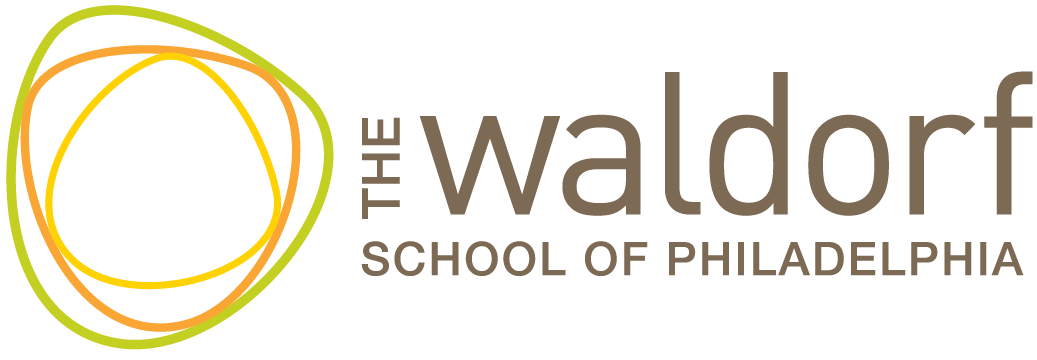
Sixth Grade Seminar
By studying the inspirational stories of those who came before us, The Sixth Grade Seminar provides students with opportunities to use their voices, to make connections, think critically, and learn more about the lives of important people in history, as well as themselves.
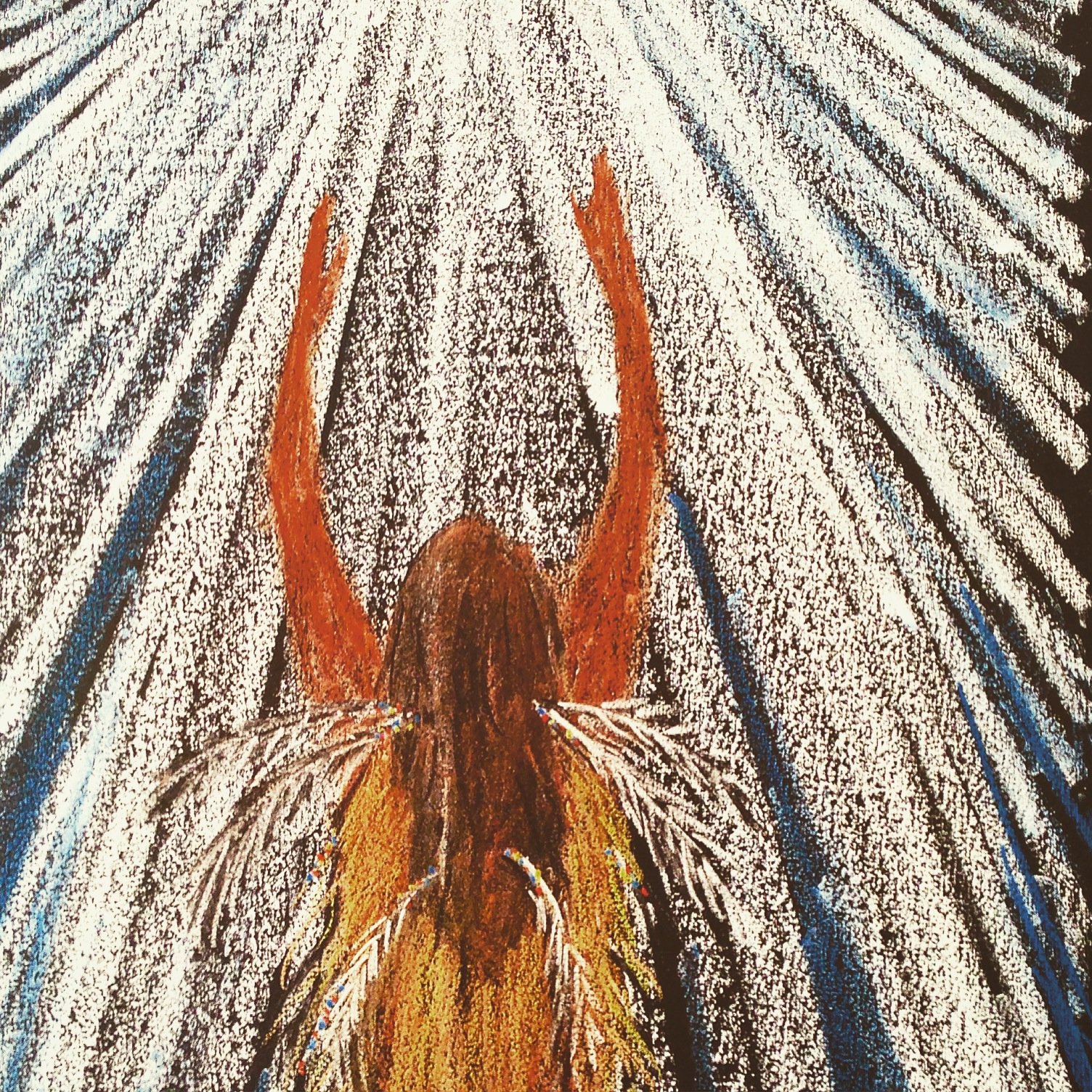
Reflections on Gratitude
As we move through the season of the light, Native American History Month, and into the winter holiday season, we are met with many opportunities for acknowledging others and expressing gratitude. This month and this season, that is where my priority will be: remembering that everyone is experiencing an equally sacred life of their own, and the importance of acknowledging all people, as best we can, with equity.
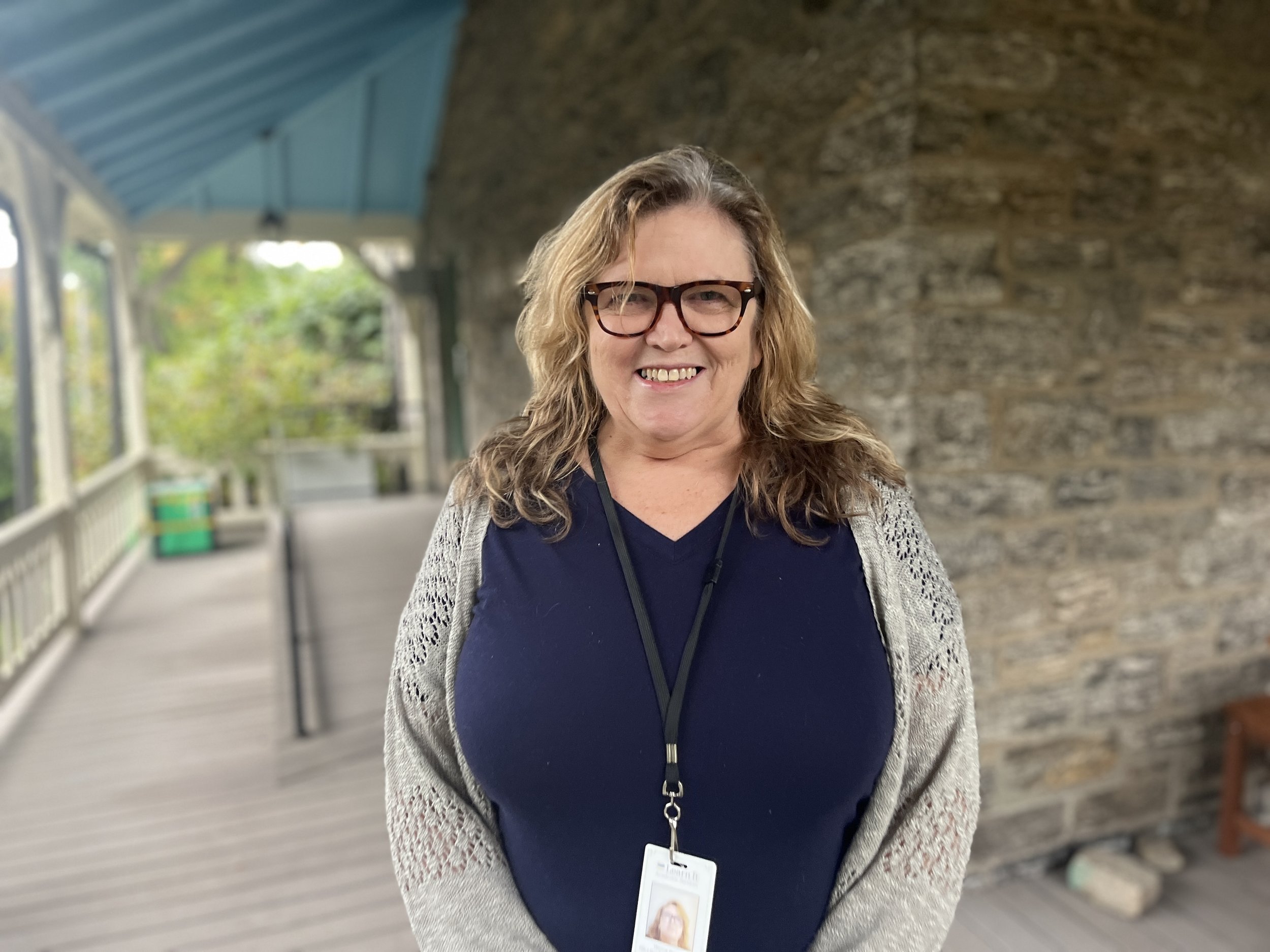
Love of Literacy: A Student Support Spotlight
Wonderful things are happening on the Philly Waldorf Campus this school year! We are thrilled to announce the expansion of our Reading Support Program to include grades 2-6. An integral member of Waldorf’s Student Support Services Team is Mrs. Theresa Stevens, our reading support teacher from Learn It Academic Services who works in close partnership with our classroom teachers to administer effective small group instruction that supports their work in the classroom.

Honoring Indigenous Peoples
Learning about Indigenous cultures and the history that makes celebrating Indigenous Peoples’ Day (October 10th) and Indigenous Peoples’ Month (November) so vital is an integral part of self-education for all of us!

Social Emotional Learning and Anti-Bullying Curriculum
Social Emotional Learning (SEL) is important because the skills learned are essentially life skills which are needed to be successful in the classroom, at home, with friends, and in future relationships. Regardless of age, culture, education or socioeconomic status, we all need to know how to manage our emotions, understand and believe in ourselves, establish and maintain positive relationships with others, and make responsible decisions.

Hispanic Heritage Month
Hispanic Heritage Month is unique among heritage months in that it doesn't start and end within the same month. Instead, it begins on September 15th to honor the independence days of several Latin American countries and ends on October 15th.

Media Mindfulness
Waldorf education protects childhood by prioritizing real-world experiences in children’s formative years.

One Teacher, Eight Years: Deepening Connection & Learning
Multi-year teaching in a Waldorf grade school allows teachers to take the time to make deep connections with students, all within a school culture that respects, supports and empowers teachers. Learn why Waldorf schools adopt a multi-year teaching approach in the grade school.

In Waldorf Education, STEM is STEAM
In Waldorf education, STEM becomes STEAM to bring relevancy and realism to our growing world of bits, dynamic loads and relativity. Learn more about how our diverse curriculum prepares students to think critically and creativity in a future run by science, algorithm, and advanced mathematics.

LGBTQ+ Family Supports at The Waldorf School of Philadelphia
School is challenging for every family, but it can be more complicated for LGBTQ+ families, who often face unique stressors when navigating the educational system. The Waldorf School of Philadelphia is taking active steps to make each aspect of our school experience receptive and sensitive to the needs of LGBTQ+ families.

Waldorf Education, A Gift at Any Age
The gift of Waldorf Education is joyfully received at any age. Parents seeking an alternative to conventional education, where their children are stressed out and over scheduled, are drawn to the interdisciplinary curriculum Waldorf Education offers.

How to Transfer to a Waldorf School
A common misconception about Waldorf schools is that it’s impossible to transition into a Waldorf school in elementary school. Read all you need to know about transferring to a Waldorf School.

5 Reasons to Join the Alumni Association
Are you an alum or parent of a Waldorf graduate? If so, The Waldorf School of Philadelphia wants to hear from you! There has never been a better time to get re-engaged with our welcoming community!

Supporting The Nine Year Old Child at School and at Home
Nine-year-olds are watching teachers and other authority figures and are seeking to answer questions like: “How do people walk in the world? How do I make decisions? What is important?” Waldorf education’s curriculum in third and fourth grade has been designed specifically to help support children at this age so that they can create the answers needed to be confident and critical thinking grade school students and set a solid foundation for social-emotional growth and academic learning.

Helping Young Children Learn Through Play
How do parents provide Pre-K and Kindergarten students with rich, open-ended play and work opportunities at home? Here are a few, very simple things parents can do to keep their young children learning at home.
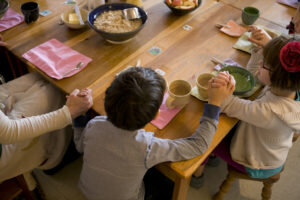
Creating a World of Wonder: The Gift of Developing Imagination
In Waldorf education, early childhood teachers give children a great gift -- the time and space to live fully into their imaginations. Fostering children’s imagination and awe allows them to master their will and develop empathy.

Unique Teaching Styles Lead the Way for Future Academic Success
Your child isn’t typical. So why settle for an education that is? Discover an innovative curriculum that inspires & excites. Discover the Waldorf School of Philadelphia.

Why Waldorf Students Knit
A child who is knitting a hat or a toy kitten sees their will transformed into art. They see their focused, detailed work turn into something beautiful and purpose filled. They experience how the conceptual becomes concrete. But knitting also teaches more than abstract concept mastery. It also teaches simple and complex mathematics; hand, eye and brain coordination; sensory integration; and resiliency of habit... all while promoting peace of mind.

The True Purpose of Preschool
What is the true purpose education? What is the purpose of greater learning and does this purpose shift by grade or from childhood to adulthood? According to Waldorf Early Childhood expert educator, Kasea Myers, the answer to all these questions - the purpose of education and learning across the board - is to open a person up to all of life’s wonders. We live to learn and learning to learn is the purpose of education.
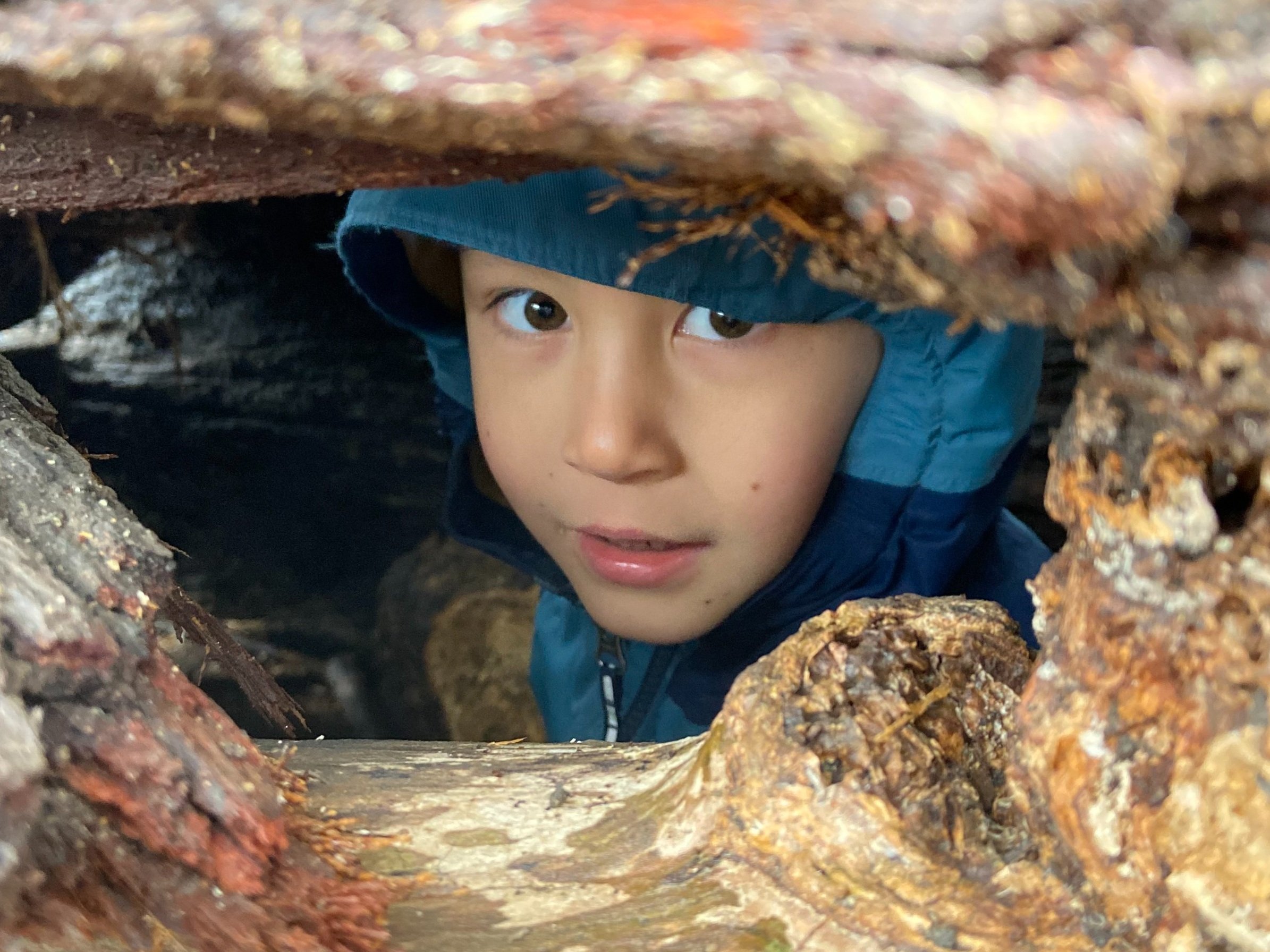
Building Forts and Minds: The Importance of Child Built Space
Educational and environmental psychologists have taken a keen interest in fort building. It’s a constant presence in early and middle childhood, the creation of secret places, often in plain site, and the experts agree that den, fort or secret space creation offers a host of cognitive and psychological benefits for the developing child.
